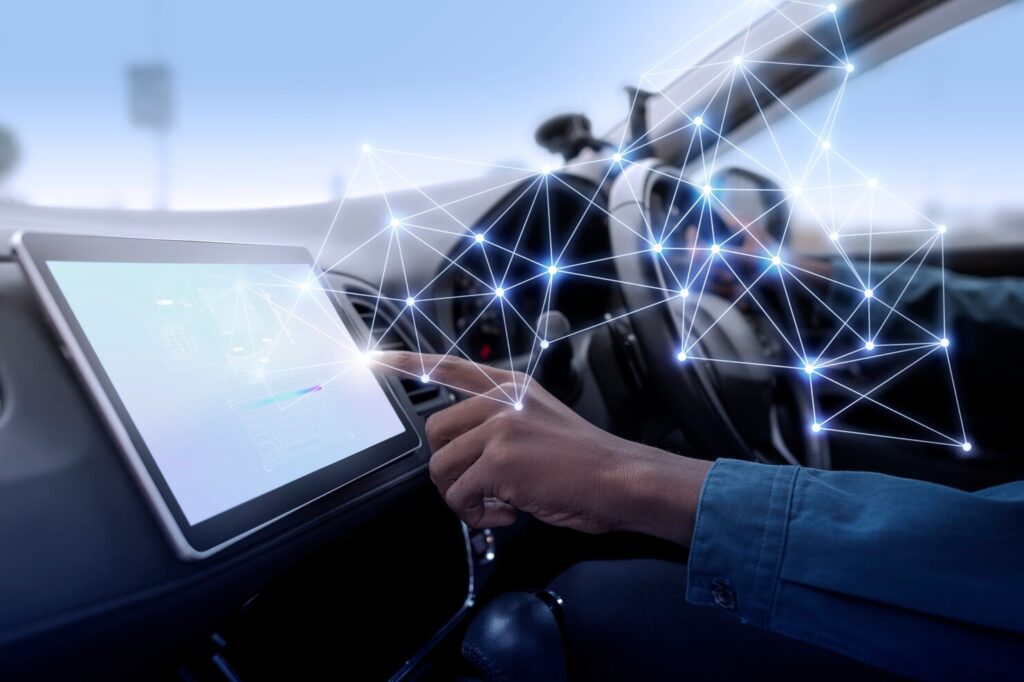In recent years, the automotive industry has witnessed a remarkable transformation with the integration of Voice AI technology. As car manufacturers seek innovative ways to enhance the driver experience, voice-activated solutions have emerged as a powerful tool for convenience, safety, and personalization. Notably, an AI voice solution for automotive is enabling seamless, hands-free control, paving the way for smarter and more interactive vehicles.
The increasing reliance on voice assistants is not just adding a cool factor to modern vehicles but also fundamentally redefining how drivers interact with their cars. By minimizing distractions and offering intuitive vehicle management through voice, these advancements are supporting both safer roads and more enjoyable rides. As global automakers integrate sophisticated AI features into their latest models, the future of the connected car appears more promising than ever.
The Rise of Voice AI in Vehicles
The automotive sector has rapidly adopted voice AI, recognizing its potential to revolutionize traditional driving experiences. Voice AI enables drivers to interact with their cars using natural language, controlling everything from navigation and climate settings to infotainment systems. This hands-free approach not only makes driving more enjoyable but also aligns with increasing demands for in-car safety and driver focus.
According to industry experts at Forbes, the adoption of voice AI is accelerating, with improvements in natural language processing leading to more intuitive and accurate interactions. As smart technology becomes more pervasive, drivers now expect their cars to offer the same level of connectivity as their smartphones or home assistants.
Benefits of Integrating Voice AI
The integration of voice AI in vehicles offers significant advantages in the automotive sector. It enhances safety by allowing drivers to maintain their focus on the road, thereby reducing distractions associated with manual controls. Convenience is also enhanced, as voice commands simplify various tasks within the vehicle, including navigation, making calls, controlling music, and adjusting settings. Furthermore, modern voice AI leverages machine learning to personalize the driving experience by adapting to individual habits and preferences, enhancing both comfort and efficiency. Over time, these systems can learn to anticipate driver needs, suggesting routes, stops, or settings before they are requested. Integration with smart home devices allows for a seamless transition between home and vehicle environments. As technology advances, voice AI continues to expand the possibilities for connected, intuitive, and safer driving experiences.
Automakers Embracing Voice AI
Leading car brands are racing to integrate advanced voice assistants, transforming vehicles into intelligent, responsive digital spaces. For example, Volkswagen unveiled an AI-powered voice assistant in its ID.7 electric sedan, which was developed in collaboration with Cerence. This assistant leverages advanced natural language processing, allowing users to converse naturally and control a range of vehicle functions.
Tesla, Mercedes-Benz, BMW, and other major automakers have also incorporated sophisticated voice assistants, enabling a combination of hands-free calling, intelligent navigation, and even smart home integrations from within the car. By providing both convenience and competitive advantage, these AI solutions are quickly becoming a defining feature in new vehicle lineups.
Challenges in Voice AI Implementation
Despite its rapid evolution, the implementation of voice AI in vehicles faces several significant challenges. First, accuracy is crucial; these voice assistants must effectively recognize a diverse array of voices, accents, and dialects, particularly in noisy environments where misinterpretations could lead to user frustration or dangerous situations. Second, privacy issues are paramount, as concerns persist regarding the storage, processing, and protection of voice data. Ensuring compliance with relevant regulations and maintaining customer trust are essential for the ongoing adoption of this technology. Lastly, integration poses a challenge as car manufacturers need to ensure that innovative AI features are compatible with existing legacy systems and new digital ecosystems, resulting in complex and resource-intensive upgrades.
Future Prospects of Voice AI in Automotive
The road ahead for voice AI in the automotive sector is paved with immense opportunity. As machine learning algorithms continue to mature, vehicle-based voice assistants will soon respond even more naturally and contextually—making everyday driving tasks more straightforward than ever. Assisted and autonomous driving features are also likely to become increasingly integrated with voice control, opening up further possibilities for enhanced ease and safety.
Emerging research from The Wall Street Journal suggests that as cars transform into moving smart devices, robust voice AI will be central to delivering the seamless digital experience drivers have come to expect from their mobile devices and homes. Eventually, cross-platform integration will enable drivers to transition between their digital lives inside and outside their vehicles with minimal friction.
Conclusion
Voice AI technology is fundamentally reshaping the automotive industry by offering safer, smarter, and deeply personalized driving experiences. While challenges remain regarding privacy, accuracy, and integration, the rapid pace of innovation suggests a future where natural voice interactions are a daily reality for drivers everywhere. As leading automakers and AI firms collaborate, tomorrow’s vehicles will not only take us places—they will listen, respond, and adapt like never before.


